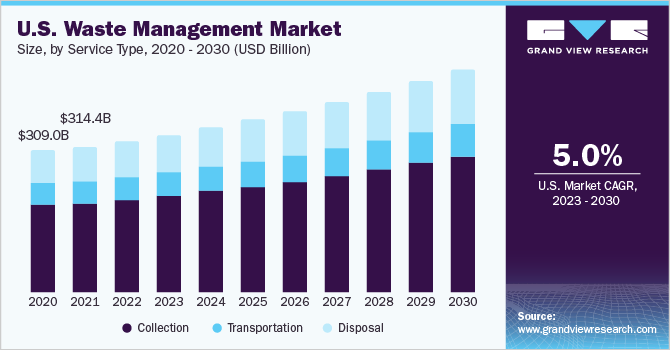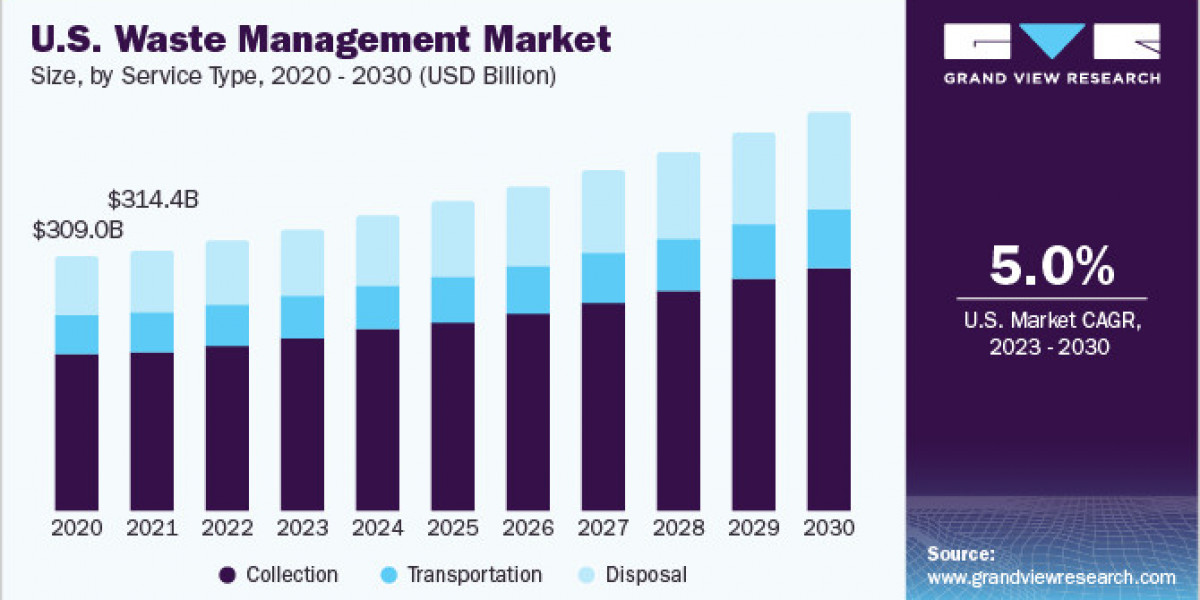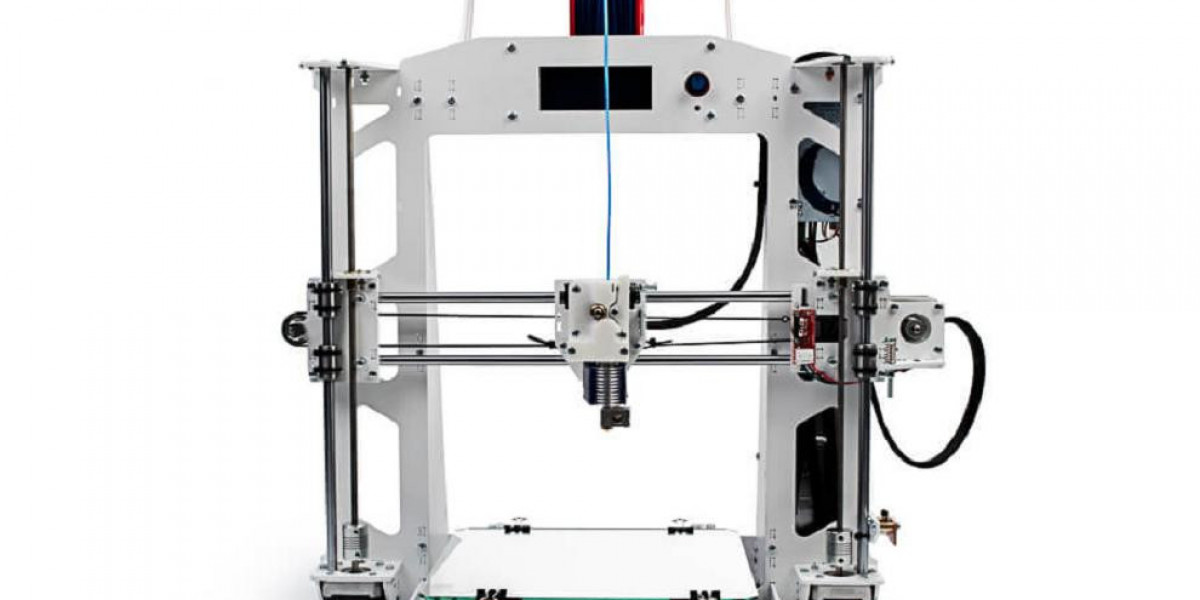Think waste management is a static industry? Think again. Across the globe, a wave of exciting technologies is fundamentally changing how we handle the growing challenges of medical, electronic, and industrial waste. This is not just about better bins; it is a deep dive into smart solutions that are making waste treatment safer, more efficient, and even a source of valuable resources. The global market for waste management is substantial, expected to be valued at USD 1,966.19 billion by 2030, highlighting the significant economic and environmental importance of these innovations. Let us explore the cutting-edge tech that is moving us beyond traditional disposal methods.
The High Stakes and High-Tech of Medical Waste Management:
The management of medical waste presents a unique set of challenges. The imperative to prevent the spread of infection, handle hazardous pharmaceutical residues, and adhere to stringent regulatory frameworks demands solutions that go beyond conventional disposal methods. The sheer volume of medical waste generated globally necessitates innovative approaches. This growth is further underscored by market projections indicating the medical waste management segment is expected to reach USD 59.42 billion by 2030 globally, making the adoption of efficient technologies a critical imperative. On the contrary, when organizations fail to follow the stringent laws of disposal, stern actions are implicated. For instance, the Poonch Municipal Council has been penalized and ordered to pay ₹1.62 crore as environmental compensation for unscientifically dumping solid and bio-medical waste near a local river. This action follows a National Green Tribunal (NGT) decision. The council has 15 days to pay the fine, or face an arrest warrant. The council claims the issue involves "legacy waste" dumped 15-20 years ago and states they are now taking steps to process the waste. It is of utmost essence to ensure safe management of medical waste.

Examples of Medical Waste Management Project Activities:
- Creating clear waste handling rules for all staff.
- Educating healthcare workers on safe waste practices.
- Improving waste sorting with colored bins and better collection.
- Using suitable and eco-friendly waste treatment and disposal.
- Regularly checking and improving the waste management system.
Navigating the Tides of E-waste: From Landfills to Valuable Resources:
The exponential growth of electronic waste (e-waste) represents another critical global challenge. Packed with valuable metals and hazardous substances, discarded electronics pose significant environmental and health risks when improperly managed. However, this "urban mine" also holds immense potential for resource recovery. The urgency for advanced e-waste recycling solutions is amplified by the sheer scale of the market. According to recent market data, the global e-waste management market is likely to expand at the fastest CAGR of 6.7% over the forecast period, signaling the significant economic opportunity in resource recovery and sustainable practices.
Technological innovation is vital for e-waste management. AI and robotics in automated dismantling enhance efficient component separation. Refined hydrometallurgical and pyrometallurgical processes improve the extraction of valuable metals and rare earth elements with reduced environmental impact. AI diagnostics aid component reuse, fostering a circular economy. Blockchain ensures transparent tracking, combating illegal e-waste trade. Mobile, modular recycling units offer decentralized processing, cutting transport costs and boosting accessibility. These advancements are crucial for unlocking the resource recovery potential of e-waste.
Starting May 2025, BMC will expand waste management with dedicated pet and e-waste collection. Aiming for safer disposal and hygiene, around 444 establishments have registered. This initiative promotes responsible handling of electronic items and personal-use waste in Mumbai.
Remodeling Industrial Waste Management for a Sustainable Future:
Industrial waste, encompassing a vast array of materials from manufacturing byproducts to construction debris, presents a multifaceted management challenge. The sheer volume and diverse nature of these waste streams necessitate innovative solutions focused on waste minimization and resource utilization. This scale necessitates innovative technological solutions for efficient treatment and resource utilization.
AI and machine learning are playing a key role in optimizing industrial processes to identify and minimize waste generation at the source. Advanced filtration and separation technologies are enabling the treatment of industrial wastewater and the recovery of valuable materials from waste streams with greater efficiency. The rise of "waste-to-material" technologies is transforming industrial byproducts into valuable secondary raw materials for various sectors, fostering industrial symbiosis and reducing reliance on virgin resources.
The Internet of Things (IoT) is also contributing significantly through the deployment of sensors that provide real-time monitoring of waste storage, treatment processes, and potential leaks in industrial facilities, enhancing safety and environmental compliance. Finally, digital platforms are emerging to facilitate the exchange of industrial byproducts and waste materials between companies, creating new avenues for reuse and reducing the overall volume of waste requiring disposal.
The Tech-Driven Future of Waste Management:
The traditional image of waste management is rapidly fading, replaced by a dynamic landscape driven by technological ingenuity. The significant market valuations across medical, e-waste, and industrial waste management underscore the immense potential for technological solutions to drive efficiency, sustainability, and economic value in this critical sector. As market analysis suggests a continued growth trajectory, the adoption of these innovations will only become more crucial in our collective pursuit of a healthier and more sustainable future. The journey beyond the bin is well underway, and the technological advancements we are witnessing today are paving the way for a cleaner tomorrow.
Curious about the Waste Management Market?Download your FREE sample copy now and get a sneak peek into the latest insights and trends.









